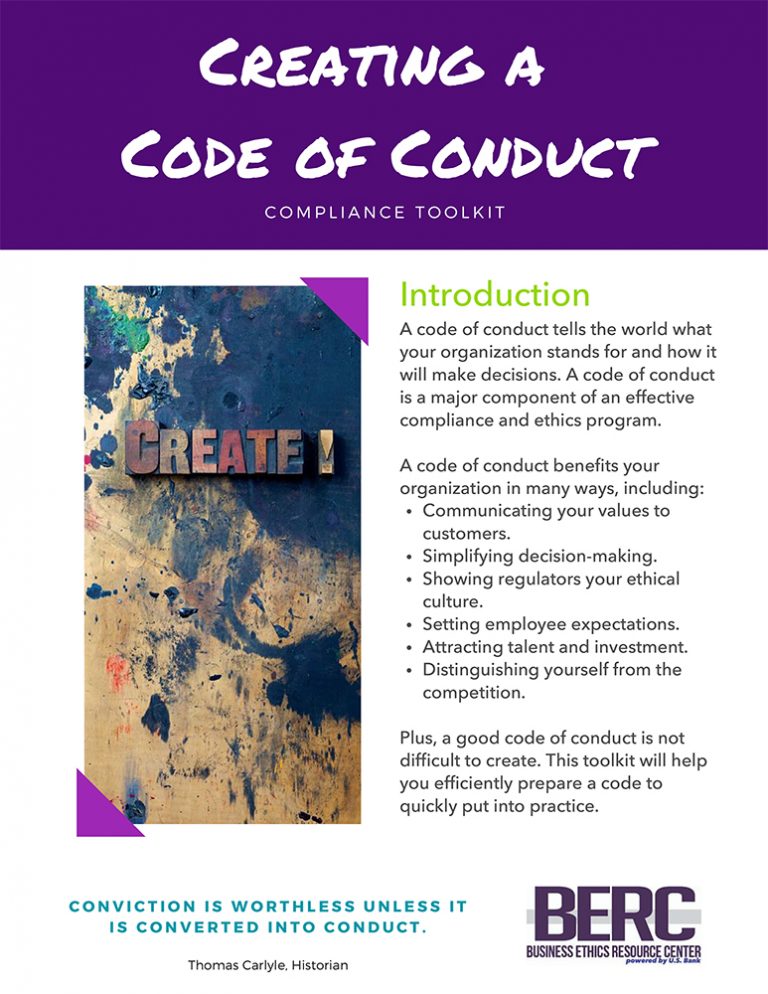
An employer’s right to discipline employees for actions outside the workplace is not always clear-cut. Even in states covered by “at will” employment — where the law allows you to terminate an employee for any reason, or no reason — firing employees for activities outside the workplace can be illegal due to privacy, anti-discrimination or other laws.
At least 30 states, including New York, California, Colorado and North Dakota, have enacted laws limiting, in some way, an employer’s ability to discipline employees for lawful activities outside the workplace. Some states even prohibit employers from taking action against employees related to arrests or criminal records.
Consider These Nine Scenarios
What can you do to keep your employee’s off-duty conduct in line and your company reputation intact? In most cases, it’s best to make decisions based on how the conduct impacts the business. Avoid knee-jerk reactions and take the time to assess all the risk factors before making a decision. Here are some common scenarios for consideration:
1. Arrests and Convictions
Arrests and convictions. If an employee gets arrested or you find out an employee has been convicted of a crime, you might question keeping that person. However, some states, including California, prohibit firing or disciplining an employee just because of an arrest (such as for DUI or a domestic dispute). Keep in mind that arrest doesn’t equal conviction. If the employee misses work, consider treating any related absences as time off (paid or unpaid as your policies dictate) until a verdict is handed down.Even if an employee is convicted of a crime, be cautious about taking disciplinary action automatically — unless the conviction is directly related to the individual’s job duties. For example, if a truck driver is convicted of DUI, or a financial counselor of embezzlement, you may have legal grounds for dismissal to protect your business or customers. In any case, the Equal Employment Opportunity Commission (EEOC) cautions that employee discipline in these situations needs to be done on a case-by-case basis. (Read the EEOC’s guidelines here).
2. Sexual Harassment
With so much recent news coverage of sexual harassment, you wouldn’t be alone in wanting to distance your company from any negative incidents. And it’s understandable to expect your employees’ behavior while off duty to uphold your anti-harassment company policies. Any sexual harassment of employees or other individuals related to your business (such as a client, customer, vendor, or independent contractor) outside of the workplace or after hours can contribute to a “hostile work environment” and violates employment laws. Taking disciplinary action for off-duty conduct is appropriate in these cases.
3. Employee Romances
Employee romances that turn sour could leave your company vulnerable to workplace harassment claims. Having a strong anti-harassment policy in place — and enforcing it consistently — helps protect your business, as well as your employees.In addition, you might want to adopt a written anti-fraternization policy that, for example, prohibits supervisor-subordinate romantic relationships, or requires employees to notify you of relationships. In the latter case, you can consider moving one or both individuals to a different department or supervisor to minimize risk of the personal relationship affecting work. But remember, people are human and employee relationships of any type can be complicated, so prioritize professional behavior, but take action if necessary to protect the harmony of your workplace.
4. “Protected Concerted Activity”
Under the National Labor Relations Act (NLRA), employees have the right to discuss wages, benefits and working conditions with each other. Whether employees are part of a union or not, these actions are considered “protected concerted activity” under the law, and it’s illegal to monitor or curtail it. For example, if employees gather in or outside the workplace to air their grievances and discuss organizing a union, you cannot take any action against them.
5. Social Media
Disciplining employees for social media activity, particularly in cases where employees discuss working conditions or wages at your company, could violate the NLRA, as well. Even if an employee’s comments sound disloyal or critical of your company, they may be protected as concerted activity, whether the employee is part of a union or not. Certain laws also protect “whistle-blowers,” or employees who report illegal activity or workplace employment violations. For example, you could be committing an unfair labor practice if you discipline an employee for an angry post about suspected OSHA violations or having to work overtime during the holidays. However, you’re free to take action against an employee for violating trade secrets or confidentiality clauses, or making libelous claims against a coworker, which are not protected activities under the NLRA. Finally, keep in mind that, in more than half the states, it’s also illegal to ask employees for their social media usernames or passwords.
6. Alcohol and Tobacco Use
To promote a healthy workforce and reduce healthcare costs, many employers encourage employees to give up smoking and drinking alcohol. But taking specific action, such as firing employees who smoke, could get you in legal trouble. Many states, including New York, California and Colorado, have laws protecting employees against being fired for consuming legal products — such as tobacco or alcohol — outside of work. It is best to limit your policies to actions that directly affect workplace performance, such as appearing at work intoxicated or smoking on premises.
At least 30 state laws expressly prohibit discriminating against employees for engaging in certain types of lawful off-duty activity, such as smoking tobacco, consuming alcohol, or participating in protest demonstrations.
– ComplyRight
7. Medical Marijuana
Cannabis use for medical reasons has been legalized in many states. A number of states also have laws that prohibit making employment decisions based solely on its use. If you become aware that an employee uses marijuana or other cannabis product, you should reserve any disciplinary action until you’ve determined whether the usage was medicinal and whether it interferes with the person’s ability to perform essential job duties. In some states, taking disciplinary action (such as firing) isn’t legal unless the person used or was impaired by marijuana during work hours.
8. Political or Religious Activity
Expecting your employees to vote the same way you do could be cause for legal trouble. In many states and localities, attempting to influence how an employee votes or retaliating against employees for political beliefs or activity is illegal. You shouldn’t take any action against employees for voting, not voting or voting for a particular candidate in an election.
9. Moonlighting
Naturally you want your employees to be loyal to your company; however, forbidding them from working a second job (or “moonlighting”) may not be legal. In states that have broad protections covering off-duty employee conduct, you can’t curtail outside employment, unless you can prove the second job poses a conflict of interest that is detrimental to your business. Make sure you word any restrictions about outside employment carefully.
Get Help Creating Off-Duty Workplace Policies
Before developing guidelines regarding off-duty conduct, make sure you understand the various federal and state laws. It’s a good idea to create an employee handbook that covers your workplace rules, policies and procedures, and distribute it to all your employees.
Creating company policies that keep pace with continuously changing laws can be challenging. One way to make it easier is to use the Company Policies Smart App from HRdirect that guides you through the process and is always up-to-date. You can select from a list of mandatory and recommended policies for your state to create a customized company policy manual with ease.
This article is reprinted by kind permission of ComplyRight. It was originally published on January 15, 2019. Products and services mentioned in this article are the author’s recommendations and are not endorsed by the Business Ethics Resource Center. Please visit ComplyRight.com.


